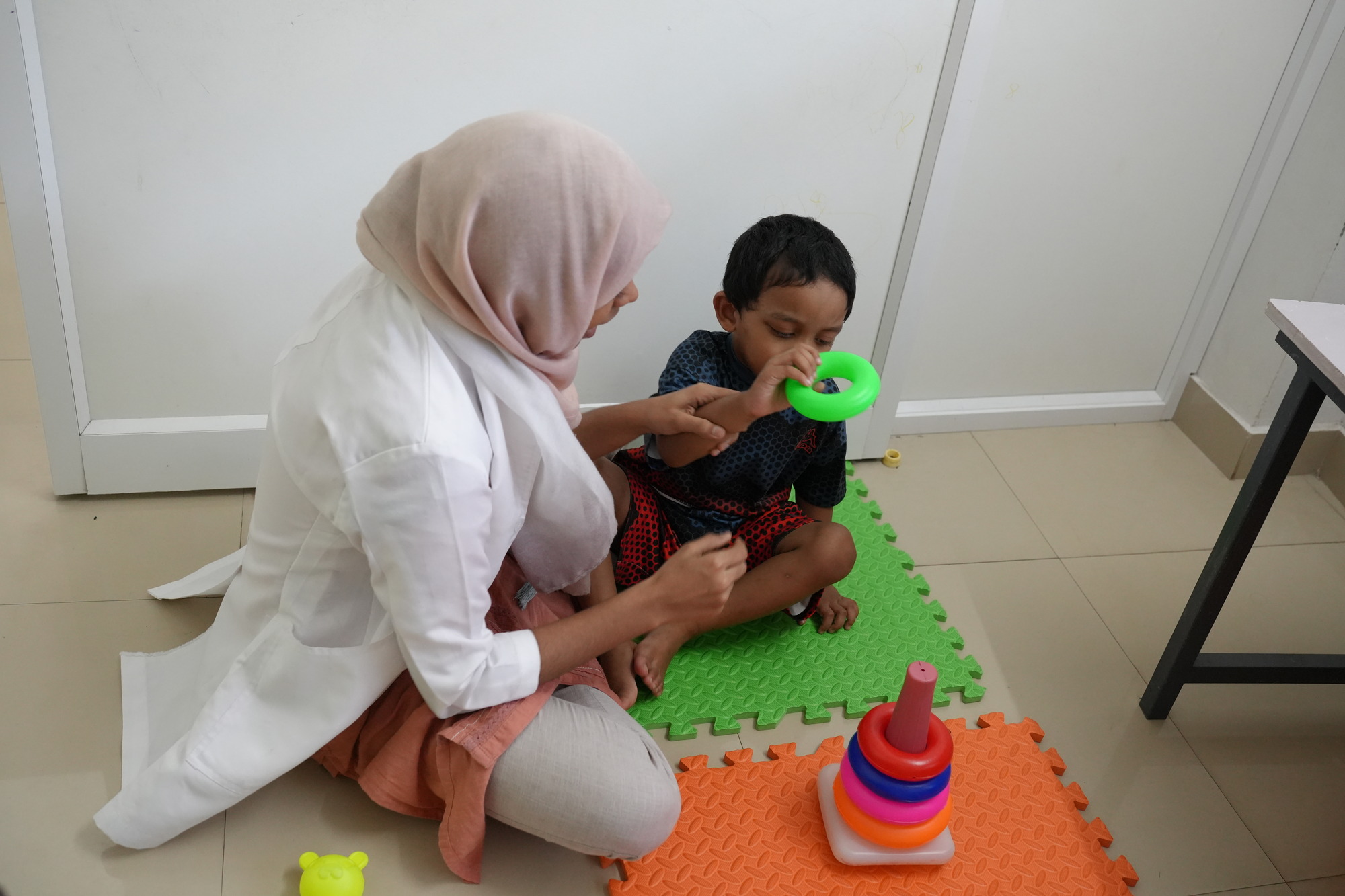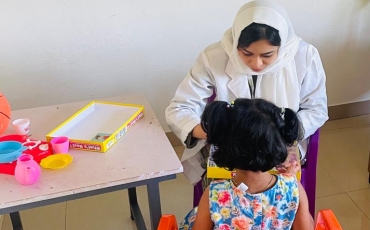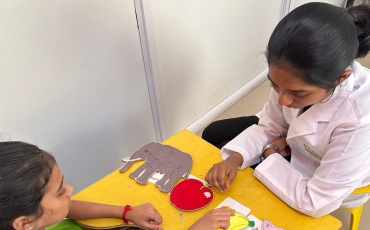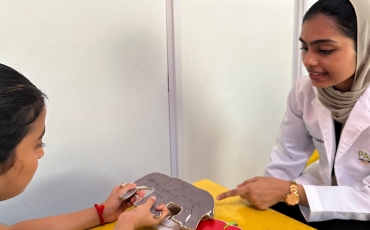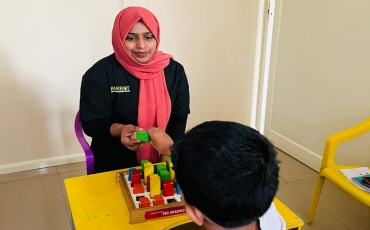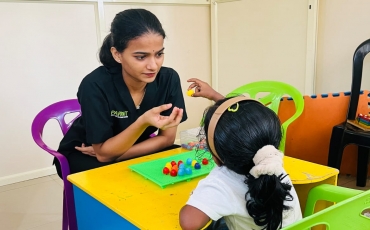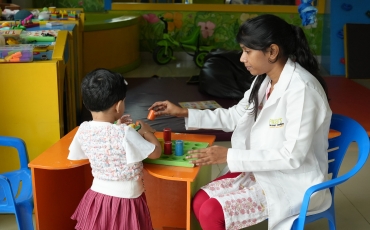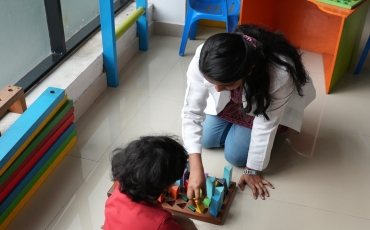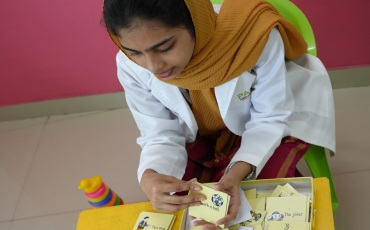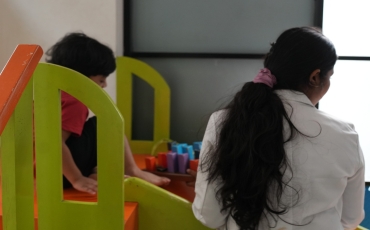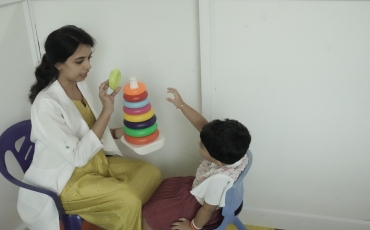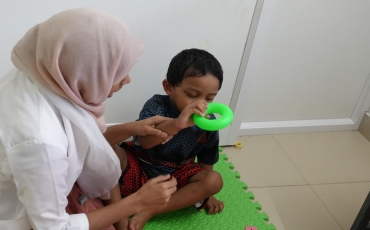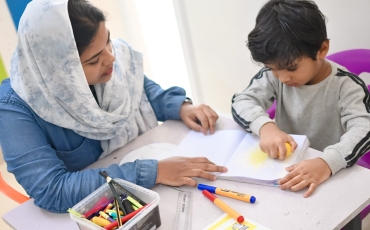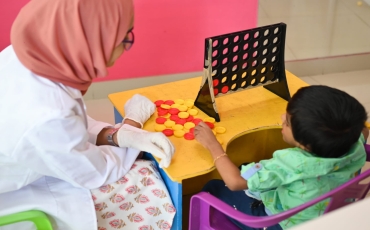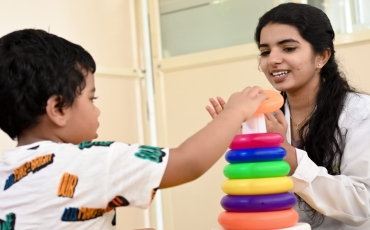Understanding Parenting Styles and Their Impact on Children's Development
Parenting styles play a crucial role in shaping a child's behavior, emotional well-being, and overall development. The manner in which parents interact, set boundaries, and express love significantly influences a child's growth. Various parenting styles have been identified, each with its own unique approach and consequences on a child's life
If you like forever classic and elegant wrist cheap replica watches, you had better choose rolex fake watches uk online shop.
Buy luxury cheap cartier replica watches for best sale for males and females.
What Are the Different Parenting Styles?
-
- Authoritative Parenting: Characterized by a balanced approach, authoritative parents set clear expectations while being responsive and nurturing. They provide guidance and support while allowing children to voice their opinions. This style promotes independence and self-discipline in children, fostering a positive environment for growth.
- Authoritarian Parenting: This parenting style leans heavily on rules and demands strict obedience. Authoritarian parents have high expectations and often use punishment as a means of discipline. While maintaining control, they might lack warmth and understanding, potentially leading to feelings of resentment or rebellion in children.
3. Permissive Parenting: Permissive parents are more lenient, setting few demands and exhibiting high responsiveness and warmth. They are nurturing but tend to avoid imposing strict rules. While this approach fosters a close relationship, it might result in a lack of structure and discipline, potentially impacting a child's ability to understand boundaries.
4. Uninvolved Parenting: This style involves minimal demands and responsiveness from parents. Uninvolved parents provide little guidance or attention, resulting in neglectful behavior. This lack of involvement can lead to various emotional and behavioral issues in children due to the absence of support and care.
Impact of Parenting Styles on Children
Cognitive Development: Authoritative parenting tends to support a child’s cognitive development by encouraging curiosity, independence, and critical thinking. Conversely, authoritarian or permissive styles might hinder cognitive growth by either imposing rigid rules or lacking necessary guidance.
Social Skills and Behavior: Children raised in an authoritative environment often exhibit better social skills, as they learn to communicate effectively and manage conflicts. Authoritarian parenting might result in obedience but could also lead to aggression, while permissive parenting might cause difficulties in understanding boundaries and rules.
Emotional Well-being: Authoritative parenting provides a nurturing and structured environment, fostering emotional resilience and a sense of security. In contrast, authoritarian or neglectful styles might contribute to emotional instability, insecurity, or detachment in children.
Conclusion Parenting styles significantly impact a child's development, influencing various aspects of their life, including behavior, emotional well-being, and social interactions. While there isn't a one-size-fits-all approach, understanding the effects of different parenting styles can help parents adapt and employ strategies that promote a healthy and balanced environment for their children's growth and development. By being aware of the diverse effects of parenting styles, caregivers can strive to employ authoritative strategies, maintaining a balance between setting expectations and being responsive, thereby fostering a nurturing and supportive environment for children to thrive.

